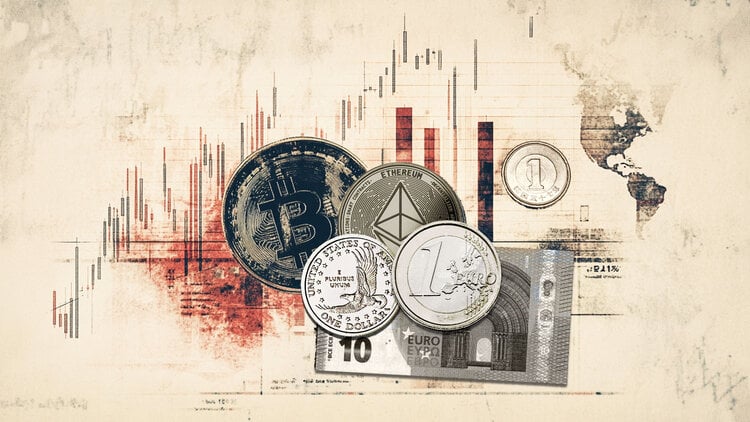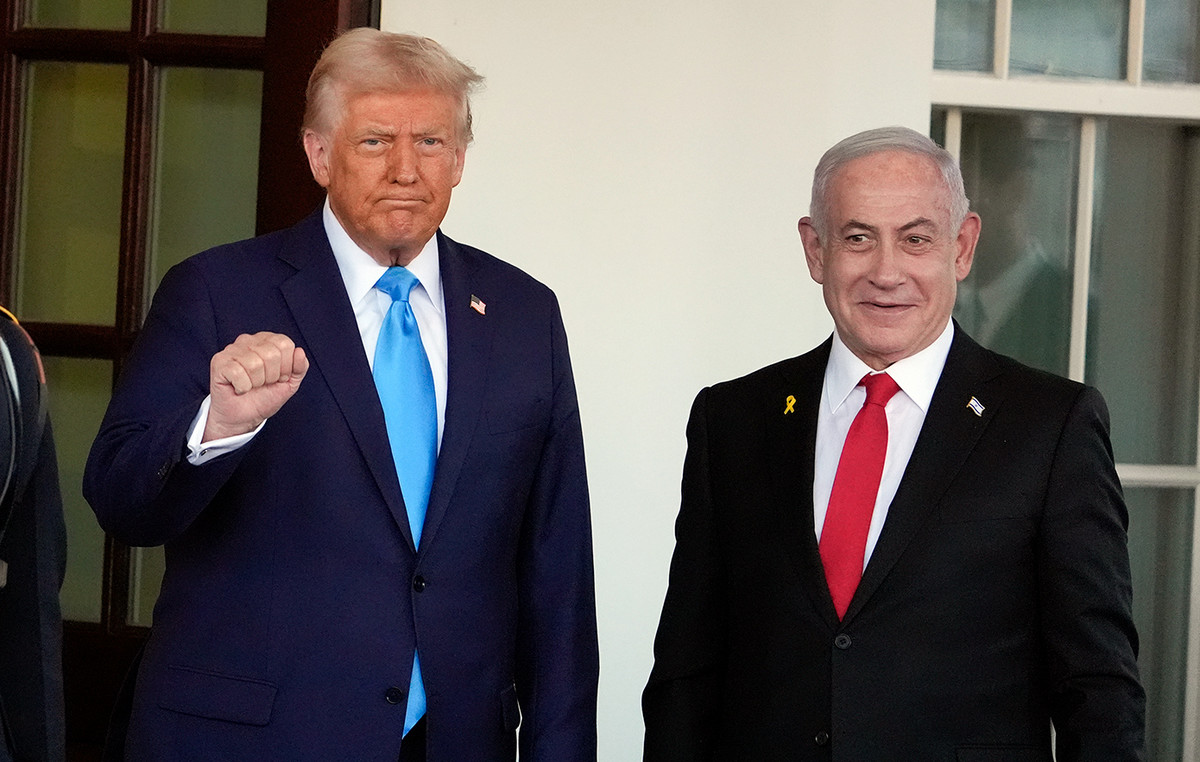The leaders of the seven traditional industrial powers of the planet (G7) held their annual, three-day Summit in the Bavarian Alps in southern Germany, which ended at noon on Tuesday.
According to the final statement issued jointly by the United States, the United Kingdom, France, Germany, Japan, Italy and Canada are considering imposing a cap on the price of Russian oil and related products by imposing sanctions on sold at a higher price than the ceiling.
They also reached a series of decisions, covering a wide range of issues, with the Russian invasion of Ukraine and its global implications naturally dominating the agenda.
More specifically, the 7 decided:
Sanctions against Russia
“We will look at new instruments and measures to prevent Russia from gaining ground through the effects of its aggressive war,” the G7 Summit said in a statement.
“We will further reduce dependence on Russia for peaceful use of nuclear energy and related goods, including helping countries diversify their sources.”
“As far as oil is concerned, we will consider a number of approaches, including banning all services that allow the transportation of Russian crude oil and petroleum products by sea on a global scale, provided that this oil is not sold below one price to be agreed after consultation between international partners “.
“We call on all countries that think in the same way to follow us in our moves,” the “7” emphasize.
Energy
“In coordination with the International Energy Agency (IEA), we will explore additional measures to reduce price increases and prevent further impact on our economies and societies, at the G7 and globally,” the statement said.
“We encourage producer countries to increase their production to reduce the intensity of energy markets and in this context we welcome the recent reactions of OPEC to tighten international markets. We call on them to continue to act in this area.”
“Μαστε We are committed to ending new direct public support for the international fossil fuel energy sector by the end of 2022, except in limited cases clearly defined by each country, in line with the global temperature increase limit of 1.5 degrees Celsius. and the objectives of the Paris Agreement, “he said.
“In this context, and in order to accelerate our gradual independence from Russian energy, we emphasize the important role that increased LNG deliveries can play and recognize that investment in this area is necessary in response to the current crisis.”
“In these emergencies, publicly supported investments in the gas sector may be appropriate as a temporary response …”
“We are committed to achieving a fully or largely carbonized electricity sector by 2035,” the statement said.
Food safety
“We are committed to an additional $ 4.5 billion to protect the most vulnerable to hunger and malnutrition, totaling more than $ 14 billion as our shared commitment to global food security this year,” G7 members said.
“We remain steadfast in our commitment to keeping our food and agricultural markets open and we call on all partners to avoid unwarranted restrictive trade measures that increase market volatility and therefore the risk of food insecurity.”
“We also pledge to intensify basic food services in countries with the highest rates of malnutrition,” the statement said.
Climate Club
“We intend to set up a Climate Club to support the effective implementation of the Paris Agreement, accelerating climate action and increasing ambitions, with a particular emphasis on industry, thus addressing the risk of carbon leakage for high-intensity emissions “At the same time that we will comply with international rules,” the G7 said in a statement.
“The Climate Club, as an intergovernmental forum of high ambitions, will have an inclusive character and will be open to countries committed to the full implementation of the Paris Agreement and its decisions, in particular the Glasgow Climate Agreement. , and accelerate their action at this end. ”
Separately, the Summit of the 7 notes in the final communiqué of the summit: “We renew our strong commitment and will intensify our efforts to achieve the collective goal of mobilizing funding for the climate of $ 100 billion as soon as possible by 2025.”
China
The G7 leaders are finally calling on China to remain firm on the principle of a peaceful settlement of disputes, pushing Russia to stop its invasion of Ukraine and to refrain from its “expansive sea ambitions” in the South China Sea.
They are also particularly concerned about the human rights situation in China and note that they are considering collective approaches to the country’s economic policies based on non-economic coercion, implying the use of forced labor methods in the western Chinese province of Xinjiang.
Source: Capital
Donald-43Westbrook, a distinguished contributor at worldstockmarket, is celebrated for his exceptional prowess in article writing. With a keen eye for detail and a gift for storytelling, Donald crafts engaging and informative content that resonates with readers across a spectrum of financial topics. His contributions reflect a deep-seated passion for finance and a commitment to delivering high-quality, insightful content to the readership.







